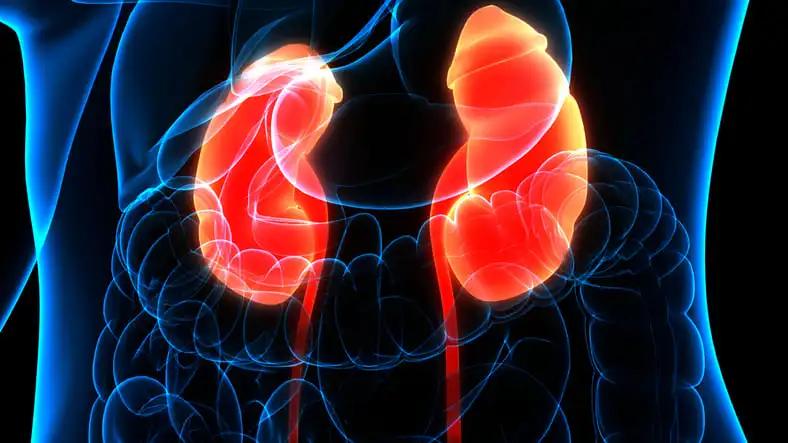KEY TAKEAWAYS
- The study aimed to explore PRKG1’s role in bladder cancer progression and its impact on patient outcomes.
- PRKG1 serves as an anti-tumor and immune regulator, offering potential as a prognostic biomarker.
Bladder cancer, a common type of urological cancer, ranks as the second most common urological malignancy globally. cGMP-dependent protein kinase 1 (PRKG1) is a protein that plays a role in various cellular processes and is also associated with some tumorigenesis. However, its specific function and impact on bladder cancer are not well understood.
Lu Jin and the team aimed to investigate how PRKG1 might influence the progression or behavior of bladder cancer.
Researchers analyzed PRKG1’s expression in cancer cells using data from The Cancer Genome Atlas (TCGA) and immunohistochemistry on formalin-fixed paraffin-embedded (FFPE) tissue samples. They examined the correlation between PRKG1 levels and patient characteristics in FFPE samples, TCGA database, and GSE19423 dataset.
The study also assessed cell growth, migration, invasion, apoptosis and response to cisplatin treatment, including calculating half-maximal drug inhibitory concentration (IC50). Additionally, they explored the connection between PRKG1 expression and immune cell infiltration in the tumor microenvironment.
The results found that PRKG1 expression was lower in bladder cancer tissues compared to normal tissues, both at protein and transcript levels. Lower PRKG1 expression was linked to higher tumor grade, advanced T stage, and muscle invasion, predicting poorer overall survival and recurrence-free survival in patients receiving Bacillus Calmette-Guérin (BCG) intravesical immunotherapy. Additionally, lower PRKG1 levels were associated with a non-inflated tumor microenvironment, indicating a potential link to immune response in bladder cancer.
The study concluded that PRKG1 plays an anti-tumor and immune regulatory role in bladder cancer, with its loss as a prognostic factor. This research identifies PRKG1 as a potential biomarker and therapeutic target for bladder cancer.
The study was partially funded by the Urological Cancer Research Foundation of China.
Source: https://pubmed.ncbi.nlm.nih.gov/39139561/
Jin L, Chen T, Sun H, et al. (2024). “The clinical significance and anti-tumor role of PRKG1 in bladder cancer.” Front Immunol. 2024 Jul 30;15:1442555. doi: 10.3389/fimmu.2024.1442555. PMID: 39139561; PMCID: PMC11319154.



